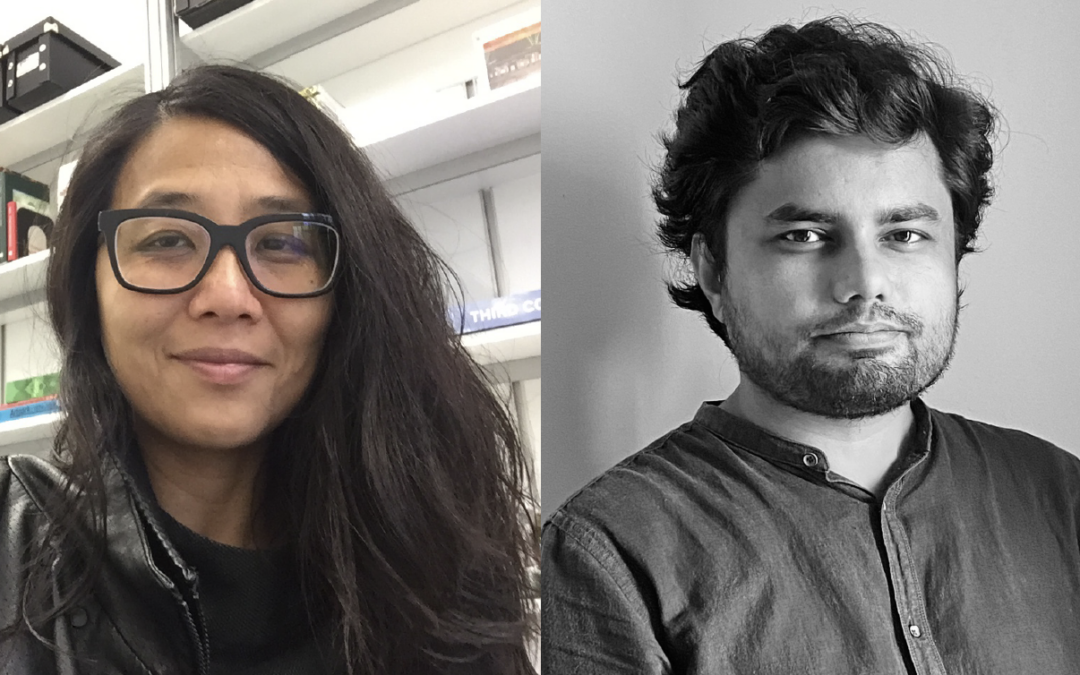Civitella Ranieri is pleased to announce that Joyce Hwang and Rizvi Hassan have been awarded the WOJR/Civitella Ranieri Architecture Prize for 2024 and 2025, respectively. They were awarded through an international nomination and jury process that yielded 53 nominees from more than 20 countries. The jury also selected Jerome Haferd, Paula Nascimento, Rocío Pina, and Leah Wulfman as finalists for the Prize.
Co-sponsored by WOJR, a Cambridge, MA-based architectural design agency founded by past Civitella Fellow William O’Brien Jr. (CRF 2016), the Prize brings one architect per year to Civitella Ranieri in Italy to design and erect a temporary architectural installation on the castle grounds within their six-week residency period. Along with residency expenses and transportation costs, the WOJR/Civitella Ranieri Architecture Prize provides a $15,000 construction fund for recipients to use in developing a site-responsive work informed by the castle and the backdrop of Umbria. Past architects include Alejandro Haiek (2019), Catie Newell (2021), Curtis Roth (2022), and Felecia Davis (2023).
Joyce Hwang is Associate Professor and Director of Graduate Studies of Architecture at the University at Buffalo, State University of New York, and founder of Ants of the Prairie, an architecture and research practice. She is a recipient of the Exhibit Columbus University Research Design Fellowship (2020-21), the Architectural League Emerging Voices Award (2014), the New York Foundation for the Arts Fellowship (2013), the New York State Council on the Arts Independent Project Grant (2013, 2008), and the MacDowell Fellowship (2016, 2011). Her work has been featured by the Museum of Modern Art, and exhibited at Brooklyn Botanic Garden, Matadero Madrid, the Venice Architecture Biennale, and the Rotterdam International Architecture Biennale, among other venues.
Rizvi Hassan is an architect from Bangladesh. Since starting his practice, he has occupied various roles of a design professional in unconventional fields. He has worked in the areas of Cox’s Bazar, Ukhiya, Teknaf, Sylhet, Jhenaidah, Chandpur, Sirajgonj, Kurigram Char area, and Mirsharai for various Bangladeshi communities and Rohingya refugees. Contextual response, local identity, culture, and learning through collective making have been the key features in his works, which tries to reflect on the construction process and final spaces. He has been awarded recognitions by the United Nations Office for the Coordination of Humanitarian Affairs, the 2021 ASF Award, and the 2022 Aga Khan Award for Architecture.
